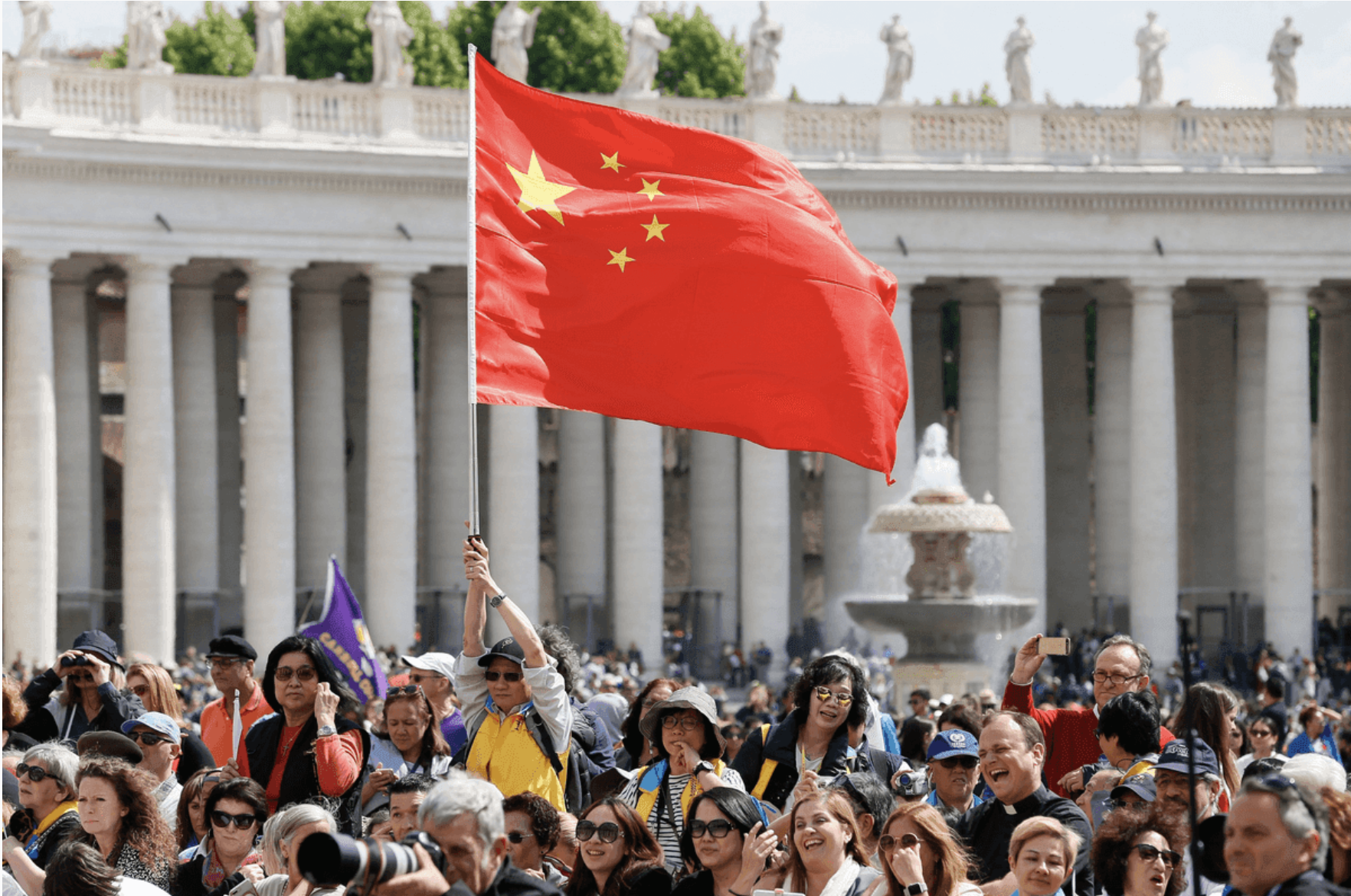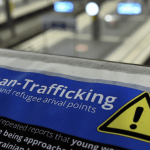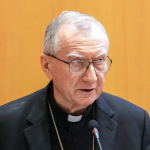TORONTO — Pope Leo XIV acknowledged the Day of Prayer for the Church in China (May 24) in his May 25 Regina Caeli address, just as navigating relations with the Chinese Communist Party is already shaping up to be one of the thornier issues Leo will have to contend with during his pontificate.
During the interregnum period — “sede vacante” — between the passing of Pope Francis on Easter Monday and his successor emerging onto the balcony of St. Peter’s Basilica on May 8, the Chinese Patriotic Catholic Association (CPCA), the state-aligned entity that controls how Catholicism operates in the country, “appointed” two bishops.
Fr. Wu Jianlin, vicar general of Shanghai, was tapped to serve as the diocese’s Auxiliary Bishop, while Fr. Li Jianlin was designated Bishop for the Diocese of Xinxiang.
These moves pose multiple diplomatic challenges: for one, only the Pope can appoint bishops. Secondly, Bishop Joseph Zhang Weizhu has been recognized by the Holy See as the Bishop of Xinxiang since Pope John Paul II appointed him in 1991.
Weizhu has long been targeted by the government because he never aligned with the patriotic association nor the Chinese Catholic Council of Bishops. The 67-year-old also founded an underground seminary, shut down by the government in 2021, and multiple religious orders that espoused continued fealty to papal authority that were declared “illegal.” He was under constant surveillance in Hebei province starting in 2005, the year he was banned from entering his own diocese. Weizhu was arrested in May 2021 and is being indefinitely detained in a covert location.
Hudson Institute Senior Fellow Nina Shea, who chronicled the state-driven persecution Weizhu and other senior clerics are experiencing in her report Ten Persecuted Catholic Bishops in China, outlined several of the choices Leo could make in response to CPCA.
Accepting the appointments with no strings attached is an option, said Shea, or the Pope could give his seal of approval if China agreed to “give justice” to Weizhu and other persecuted bishops, such as Joseph Xing Wenzhi, the former Auxiliary Bishop of Shanghai, who disappeared from public view in 2011 and has since remained hidden. Or he could also disapprove of the appointments.
Shea, who served as a commissioner on the United States Commission on International Religious Freedom from 1999-2012, said if she was counselling Leo XIV, she would recommend he “just remain silent” until he has had time to “gain a fuller picture” on the situation with China.
This would mean listening to more voices than Vatican Secretary of State Cardinal Pietro Parolin, a chief architect of the Sino-Vatican agreement on appointing Catholic bishops originally signed in 2018, and since extended multiple times, most recently last October. It remains operational until 2028. The agreement has been repeatedly violated as China has completed multiple unilateral appointments and the state continues to arrest clergy deemed to loyal to Rome.
Shea recommends the Pope seek the counsel of Cardinal Joseph Zen Ze-Kiun, who openly criticized the 2018 agreement as he believed it would result in continued crackdowns on the underground Catholic Church and a further erosion of the Church as an entity independent from the CCP’s grip.
Apostolic Nuncio of Malta and Libya, Archbishop Savio Hon Tai-Fai, a prelate born in Hong Kong, is another skeptic of the 2018 agreement that Shea believes would provide Pope Leo with sound counsel. He said in 2021 “that the underground communities have felt abandoned by the Holy See” because of the current diplomacy. He also likened every capitulation to China as a “virus” that “got mutated.”
Shea also shared her larger thoughts on the Sino-Vatican deal.
“He could continue a dialogue, but not the agreement, or he could continue to go along with this and start giving major support to an underground Church,” said Shea. “I am not opposed to dialogue. I think the way Parolin has laid it out is either/or: you have a dialogue on China’s terms, or you don’t have any dialogue. China’s terms are to control the Church, appoint the bishops and have the upper hand while the Pope just rubber stamps them. There has to be a different kind of dialogue.”
Dr. Louis K. Ho, a Catholic academic who hails from China and resides in Edmonton, would like to see Pope Leo XIV “bring the Gospel to China,” which is a more achievable and manageable process than “bringing the Church to China, which is difficult.” Engaging in social justice on the ground in China and making it possible for people to learn about Jesus through the Scriptures are ways for values to flower.
“People are free to go to church now, but to spread out the Gospel is difficult,” said Ho. “So that’s why unless the Catholic Church attitude turns to the Bible-centred faith, it’s difficult to sustain that because church is no longer a place to (transmit) the faith.”
However, difficulty is inherent with that approach too. Ho acknowledged that “no one can buy a Bible at a store.” The crackdown is so severe that these purchases must be done in secret.
Both Shea and Ho said efforts are underway to rewrite the sacred texts. In 2020, it was discovered that a textbook used in Chinese schools, printed by the government-run University of Electronic Science and Technology Press, had Jesus stone a woman accused of adultery (John 8:3–11) instead of telling the crowd “He that is without sin among you, let him cast the first stone.”
On May 24, Ho, who teaches courses at St. Stephen’s Theological College, which is federated with the University of Alberta, hosted a slideshow presentation at St. Theresa’s Parish called the Gospel to China. He outlined evangelical efforts dating back thousands of years and shared the contemporary challenges. He presented on Day of Prayer for the Church in China for a reason: he maintains hope and prayer for a better future for Christ-believers within the Chinese mainland.




